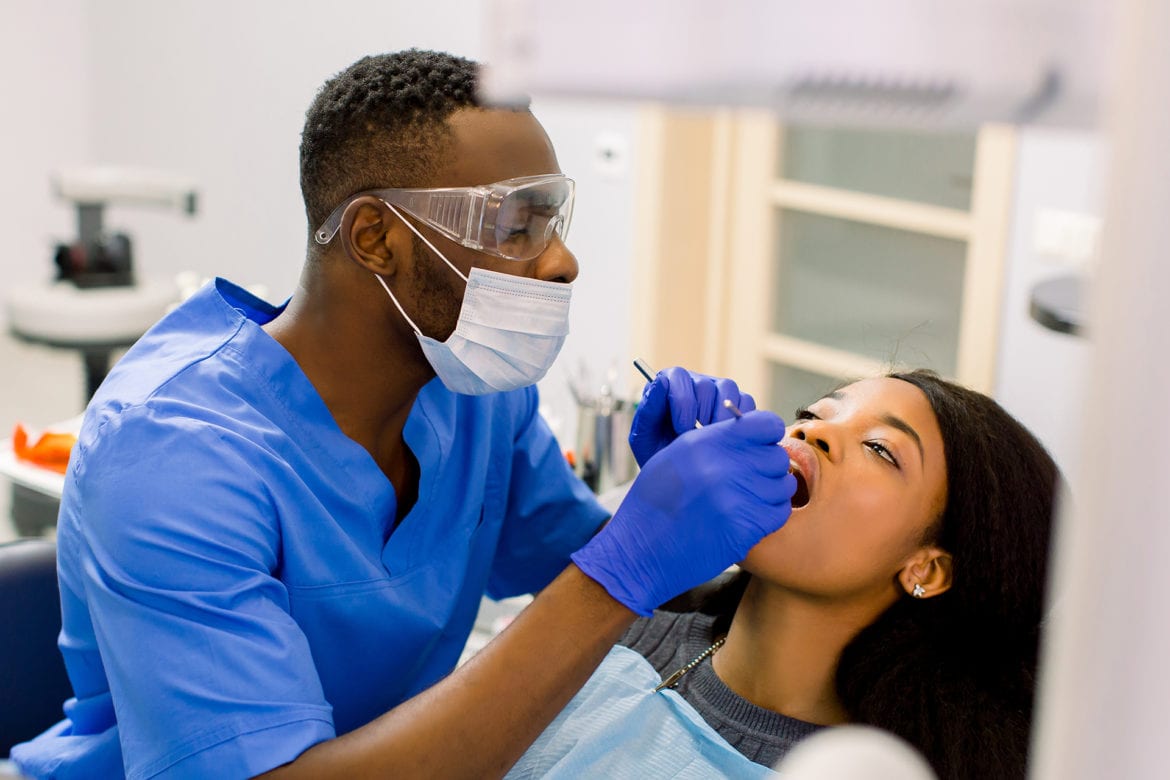Regular visits allow for early detection of tooth problems, which could save you or your child from a lot of pain, discomfort, or related problems.
Most people are aware they should get their teeth checked at least once a year, but how many actually do? “If it doesn’t hurt, there’s no need to do anything” is a common misconception. Unfortunately, this only allows small problems to escalate into bigger issues.
By the time most adults drag their feet to the dentist, they are in considerable pain or have functional issues. The problem requires more extensive corrective action, which usually results in more pain and higher costs.
“Many adults pass on their dental phobia to their children, which sets the stage for the pattern to repeat itself. This can be detrimental to oral health among people of all ages,” said Dr Seow Liang Lin from the school of dentistry at a university in Kuala Lumpur.
Early childhood caries – or tooth decay of the baby teeth – is common among infants and young children. Tooth decay is also prevalent in older children and teens, who are more likely to consume processed foods, sugary snacks and drinks.
Indeed, early childhood caries remains a major challenge among five- to six-year-olds in Malaysia: in the 2015 national oral health survey of preschool children, prevalence was at 71.3%. Another study showed that 63.4% of pre-schoolers had at least one decayed tooth in their primary teeth.
Here’s how to turn things around.
Most people are aware they should get their teeth checked at least once a year, but how many actually do? “If it doesn’t hurt, there’s no need to do anything” is a common misconception. Unfortunately, this only allows small problems to escalate into bigger issues.
By the time most adults drag their feet to the dentist, they are in considerable pain or have functional issues. The problem requires more extensive corrective action, which usually results in more pain and higher costs.
“Many adults pass on their dental phobia to their children, which sets the stage for the pattern to repeat itself. This can be detrimental to oral health among people of all ages,” said Dr Seow Liang Lin from the school of dentistry at a university in Kuala Lumpur.
Early childhood caries – or tooth decay of the baby teeth – is common among infants and young children. Tooth decay is also prevalent in older children and teens, who are more likely to consume processed foods, sugary snacks and drinks.
Indeed, early childhood caries remains a major challenge among five- to six-year-olds in Malaysia: in the 2015 national oral health survey of preschool children, prevalence was at 71.3%. Another study showed that 63.4% of pre-schoolers had at least one decayed tooth in their primary teeth.
Here’s how to turn things around.
When it comes to adults, it is never too late to begin the journey to better oral health. “If you have always shied away from dental checkups, try bringing a friend along for support, or plan for a small treat afterward to help turn a dental visit into something you can look forward to,” Seow advised.
She further cautions grown-ups to be more proactive with checkups, as lifestyle habits, chronic conditions and other factors can have an impact on oral health. These include:
- Smoking, which reduces blood supply to the gums, aggravating gum problems and making tooth loss more common among smokers.
- Diabetes, which impacts healing ability. As a result, individuals with diabetes are more likely to have poor gum health. Meanwhile, good gum health has been linked with better sugar control in diabetic patients.
- Cardiovascular disease: epidemiological studies indicate an association between gum disease (periodontitis) and coronary heart disease. Other research shows a close link between gum inflammatory reactions and significantly higher risks of adverse cardiovascular events.

